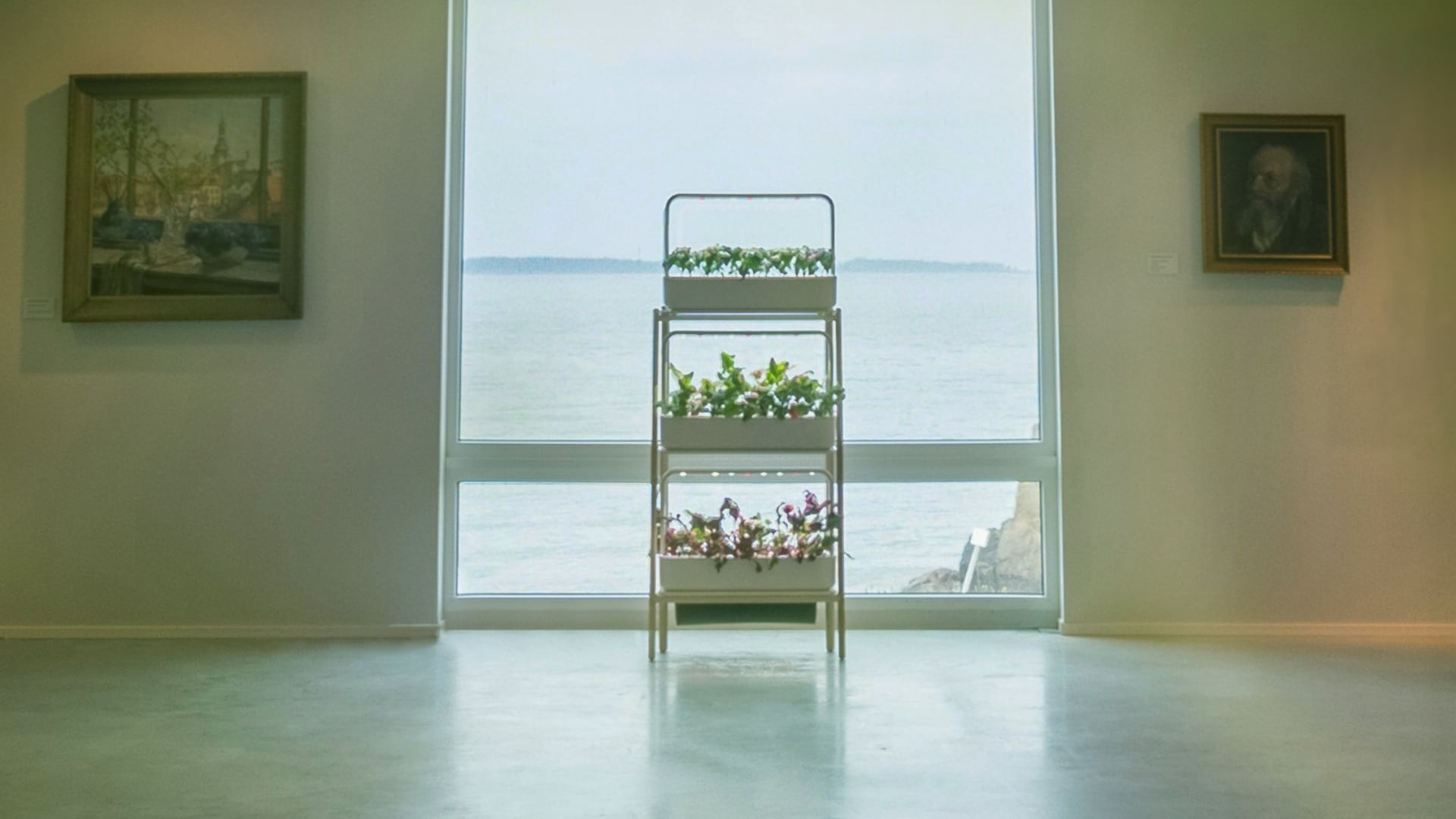news

How to revive our connection with nature through growing food
Growing some of the daily food ourselves at places where we dwell has a strong potential to deepen our connection with nature and provide new perspectives that naturally lead towards environmentally-friendly habits.
Throughout the event, Biotoopia focuses on the many forgotten, less talked about or yet to be discovered avenues that explore the intersection of nature, art, and science. Paco Calvo and Sirgi Saar focus on scientific findings that prove plants to be communicators and life forms that feel similar to ourselves. They argue that understanding this inherent beauty of life in plants is a key educational obstacle our societies need to overcome to achieve true sustainability.
Understanding our role in the biosphere, that we are actors who co-create with other life forms, rather than co-exist in an exploitative manner is further highlighted by Andres Weber. Similarly, Reid Raud touches on the point that we need to re-imagine how we see nature and us in it. Hasso Krull is providing an interesting glimpse into the history of Livonians showing that we have indeed lived more harmoniously with nature in the past, and made sense of it in a way that results in sustainable actions. This gives hope there’s a way to start doing it yet again.
But how can we achieve the long leap from our current busy, urban, and growth-driven lives, where nature often has a role of a passer-by, of some useful object far away that we sometimes pay attention to, towards a state where we acknowledge that we are together and equally important in the biosphere? That we are co-creators depending on each other’s wellbeing. A solution to too demanding jumps from one set of habits to another is taking smaller steps, implementing incremental changes, every day. A solution that fits the criteria is growing some of our own food wherever we spend most of our days. At homes, schools, offices, restaurants, etc.
Food is something we give importance to, choose, buy, prepare and eat every day. Hence it has a great potential to influence our habits and beliefs. When we choose to start eating healthier, we tend to implement other healthier habits as well. Unfortunately, the situation with food health is similarly poor to the planet’s health. Approximately 78% of the global population, even in developed countries, don’t receive their daily recommended intake of vitamins and minerals. Too many people are disconnected from vitamin-rich foods as they’re disconnected from nature. Growing some of our daily food ourselves would help restore both connections. And, to borrow from the practice of bonsai cultivation, by growing plants, we instead grow ourselves, it is safe to think of it as an environmentally friendly habit promoting further such habits.
The practice of growing vitamin-rich foods like fruits, leafy greens, and other vegetables for everyday consumption at home was normal just 150 years ago. Today the practice is available through urban gardens, backyards, and indoor planting gear for everyone who cares enough. But here we arrive at the same problem that for the majority of us, getting hands dirty and growing food is too big of a leap to take in everyday life. A head of lettuce is usually thought of more like a remote object, subject for only consumption, and less like a fellow life form that’s co-creating our world, helping us all thrive. If there would be a way to help people take smaller steps and make gardening more accessible and suitable to our busy lifestyles, we would start to get to know the wonders of plants, make sense of our place among them, and in the end change our habits to heal the planet. One plant at a time.
Click & Grow is on a mission to do just that. Similar to the avenues that Biotoopia explores, the main sponsor of the event works on the intersection of nature, art, and science to provide simple to use indoor gardens for people around the world, fostering meaningful connections with nature and improving the health of people and the planet.